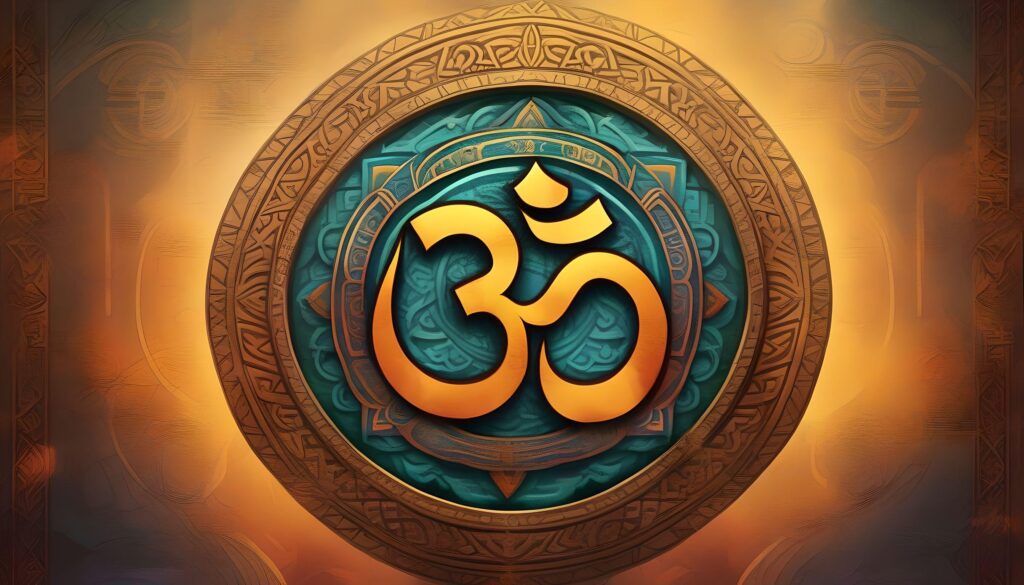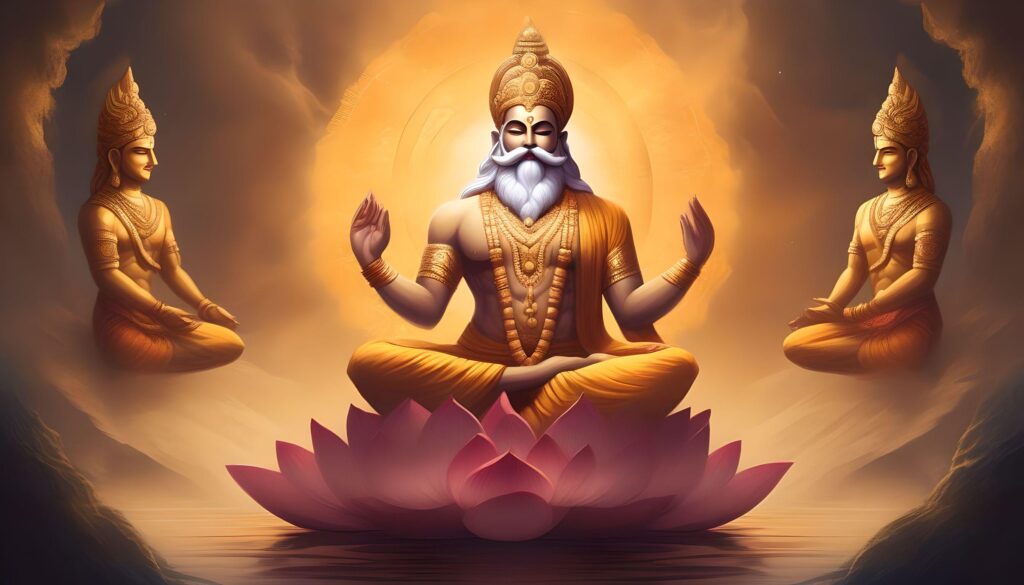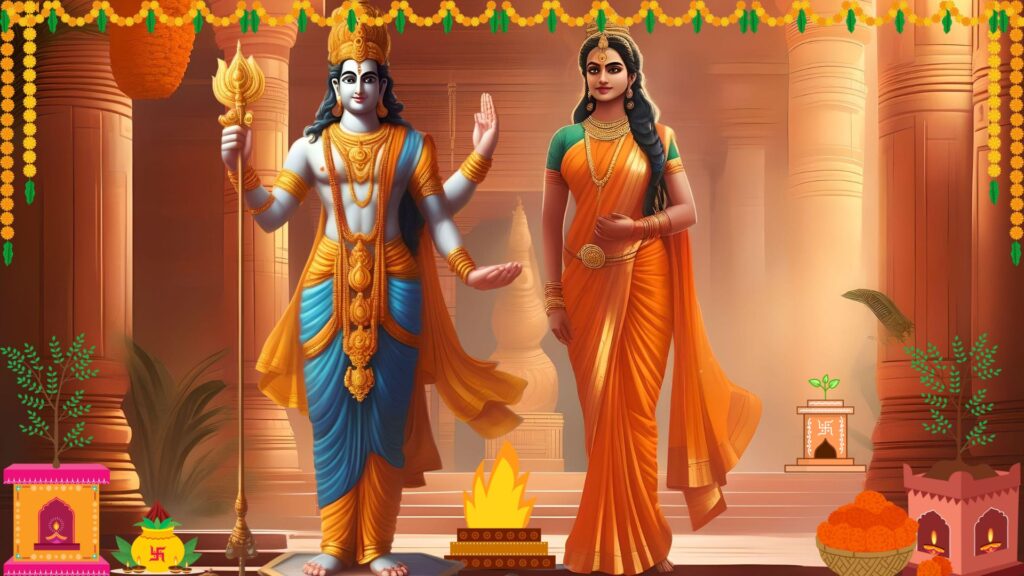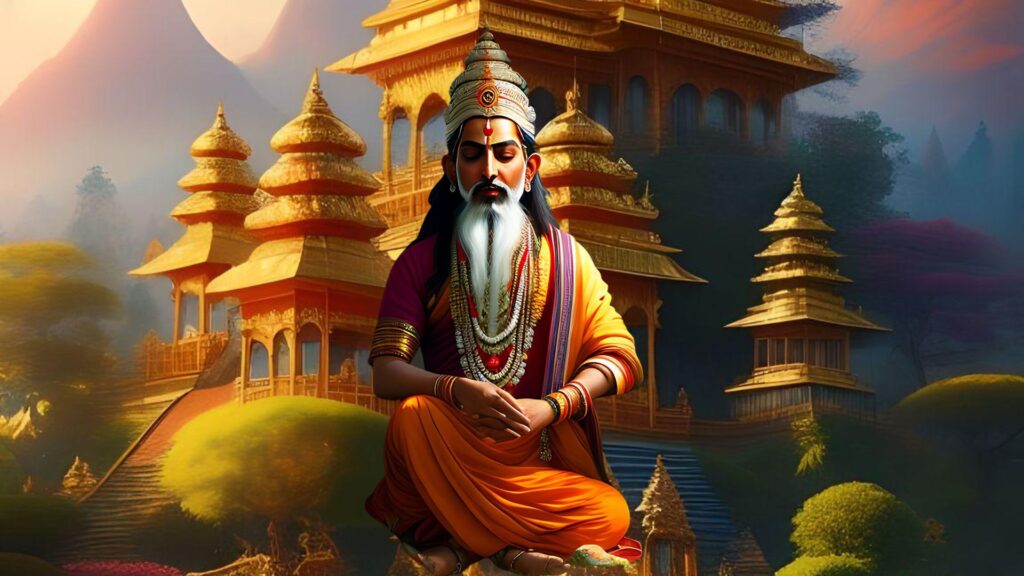Hinduism and Animal Worship: Exploring the Sacred Connection
Table of Contents
- Introduction
- Animal Worship in Hinduism
- Animal Gods
- The Sacred Cow
- Other Sacred Animals
- Significance of Animal Worship
- Animal Worship Rituals and Festivals
- Animal Symbolism in Hinduism
- Animals in Hindu Mythology
- Elephant: Lord Ganesh
- Monkey: Hanuman
- Bull: Lord Shiva
- Dog: The Divine Companion
- Snake: Symbol of Lord Shiva
- Animal Conservation in Hinduism
- Conclusion
Introduction
Hinduism, being among the most ancient religions globally, comprises an extensive array of customs, convictions, and rituals. At the core of Hindu philosophy lies a profound veneration for every living being, including animals. Hinduism places considerable emphasis on the veneration of animals, as numerous species are considered sacrosanct and are intimately linked to deities and goddesses. An exploration of the intriguing realm of animal veneration within Hinduism is the subject of this article, which investigates its inception, symbolism, rituals, and conservation initiatives.
Animal Worship in Hinduism
Animal Gods
The Hindu mythology is abundant with deities and gurus who are portrayed as possessing animal attributes. One of the most widely recognized instances is the elephant-headed deity Lord Ganesh. As per Hindu mythology, Lord Shiva severed the head of his son Ganesh and substituted an elephant’s head in his place. Lord Ganesh is held in high esteem due to his association with the elimination of barriers and his embodiment of intellect and wisdom.
An additional notable deity affiliated with fauna is Lord Hanuman, who is revered as the monkey divinity. Hanuman, who is revered for his steadfast devotion to Lord Ram, is an embodiment of fortitude, modesty, and strength. His depiction as a chimpanzee emphasizes the significance of veneration of animals within the Hindu faith.
The Sacred Cow
An examination of the veneration of animals in Hinduism would be entirely inadequate without addressing the sacred cow. Bovines occupy a revered position in Hindu culture, serving as symbols of fecundity, benevolence, and perseverance, and are regarded as maternal figures. In the Hindu-dominated nations of Nepal and India, cows are revered as deities and the act of slaughtering them is rigorously forbidden.
In addition to its milk, which is utilized in numerous rituals and is regarded as pristine, the cow is also venerated for its urine and dung, both of which are thought to possess purifying attributes. Cows are associated with Lord Shiva, also known as Gorakhnath, who is frequently referred to as the God of Cows.
Other Sacred Animals
Apart from elephants and cows, numerous other animals are endowed with spiritual significance in Hinduism. Nandi, the bull, is regarded as the vehicle of Lord Shiva and symbolizes virtues including erudition, devotion, and fortitude. Monkeys are held in the highest regard; in Hindu mythology, the most renowned monkey deity is Lord Hanuman. Dogs, which are revered as devoted companions, are honored and venerated in Nepal during the Tihar festival. As serpents are venerated during the Nag Panchami festival and are associated with Lord Shiva, the Indian Cobra in particular occupies a sacred position.
Significance of Animal Worship
The veneration of animals in Hinduism originates from the conviction that all living things are interdependent. Animals are revered as divine manifestations by Hindus, who acknowledge and appreciate their inherent qualities and attributes. Hindu worship aims to foster the development of these qualities within oneself and to establish a symbiotic connection with the natural world.
Additionally, the act of animal veneration serves as a poignant reminder of the sanctity of life and the imperative to safeguard and conserve every living thing. It fosters a sense of responsibility, compassion, and empathy in relation to the environment and its inhabitants.
Animal Worship Rituals and Festivals
An extensive variety of festivals and rituals are devoted to the veneration of animals within Hinduism. By means of the selected animal, these rituals function as a method of establishing a connection with the divine and are carried out with profound devotion. In Hinduism, significant animal worship festivals and rituals include the following:
- Ganesha Chaturthi: A festival celebrating Lord Ganesh, where devotees offer prayers, flowers, and sweets to elephant-headed idols of Lord Ganesh.
- Kamadhenu Puja: A puja dedicated to the sacred cow, Kamadhenu, to seek blessings for prosperity and fertility.
- Nag Panchami: A festival dedicated to worshipping snakes, particularly the Indian Cobra. Devotees offer prayers, milk, and flowers to snake idols or live snakes.
- Kukur Tihar: A festival in Nepal where dogs are worshipped for their loyalty and companionship. They are adorned with garlands, offered treats, and given special attention.
In addition to strengthening the connection between humans and animals, these celebrations and rituals serve as a poignant illustration of the interdependence that exists among all living things.
Animal Symbolism in Hinduism
Hinduism ascribes profound symbolic importance to animals, which embody a multitude of qualities, virtues, and facets associated with the divine. Particular qualities are ascribed to each animal, which serve as a compass for human conduct and spiritual development. In the pursuit of understanding the symbolism of several significant animals in Hinduism:
Elephant: Lord Ganesh
The elephant represents intelligence, fortitude, and wisdom. Lord Ganesh, adorned with an elephant head, personifies these attributes and is venerated for his power to vanquish barriers and impart wisdom. The association between the elephant and Lord Ganesh serves as a reminder to followers to nurture qualities such as wisdom, intellect, and perseverance.
Monkey: Hanuman
Monkeys are renowned for their dexterity, ingenuity, and amusement. Lord Hanuman, the monkey deity, embodies the qualities of fidelity, bravery, and devotion. His depiction in Hindu mythology exemplifies the strength that steadfast devotion and faith can accomplish. Hanuman motivates his devotees to embody the aforementioned attributes throughout their spiritual quest.
Bull: Lord Shiva
The bull is representative of vitality, strength, and wisdom. Since Lord Shiva, alternatively referred to as Vrishabanath, is affiliated with bulls, he is frequently portrayed riding a bull named Nandi. The bull symbolizes chastity, submission, and the quest for understanding. Devotees are reminded by them to pursue spiritual enlightenment and submit to the divine.
Dog: The Divine Companion
Dogs are esteemed and revered as devoted associates within the Hindu faith. Devoured to Bhairab, an ardent manifestation of Lord Shiva, they are venerated in Nepal during the Tihar festival. Dogs represent fidelity, protection, and vigilance. Their devotion serves as a reminder to adherents to foster these attributes within their interpersonal connections and exercise constant vigilance in protecting that which is most dear to them.
Snake: Symbol of Lord Shiva
In Hinduism, serpents, specifically the Nāg Indian Cobra, are held in high esteem as celestial beings. As an ornament, Lord Shiva is frequently portrayed with a serpent entwined around his neck. Transformation, regeneration, and the cosmic energy of Lord Shiva are all symbolized by snakes. The festival of Nag Panchami is a ceremonial observance that pays homage to the sacred presence of serpents.
Animals in Hindu Mythology
Hindu mythology is replete with animal-related tales and legends. In addition to providing amusement, these narratives impart profound spiritual and moral insights. The significance of animals in Hindu mythology shall be examined.
Elephant: Lord Ganesh
A well-known narrative in Hindu mythology describes how Lord Shiva severed the head of his own son, Ganesh, and subsequently affixed the head of an elephant to his person. It is believed that Lord Ganesh acquired wisdom, intelligence, and the capability to eliminate obstacles as a result of this deed. With the addition of his elephant cranium, Lord Ganesh rose to prominence among the Hindu pantheon of deities.
Monkey: Hanuman
The Hindu epic Ramayana recounts the valiant exploits of Hanuman, the devoted devotee of Lord Rama. Lord Rama was greatly assisted in his mission to save his wife, Sita, from the demon ruler Ravana by the monkey god Hanuman. His steadfast devotion, immense power, and unbounded bravery establish Hanuman as an emblematic persona within the realm of Hindu mythology.
Bull: Lord Shiva
Due to his profound affinity for bulls, Lord Shiva is frequently denoted as Vrishabanath, which translates to “Lord of Bulls.” In temples devoted to Lord Shiva, Nandi, the celestial bull, is venerated as the vehicle of Lord Shiva. Bulls represent virtue, devotion, knowledge, and submission, which are in accordance with the attributes and precepts of Lord Shiva.
Dog: The Best Friend
Dogs, renowned for their devotedness and camaraderie, occupy a prominent position in Hindu mythology. Dogs are venerated during the Tihar festival to honor their responsibility as guardians of the entrances to paradise and hell. Sarama, a divine canine, is regarded as the progenitor of all canines. Additionally, dogs are linked to Bhiarab, an embodiment of Lord Shiva.
Snake: Symbol of Lord Shiva
The embodiment of Lord Shiva’s affiliation with serpents is exemplified by the Nāg Indian Cobra that adorns his neck. The Indian Cobra holds the holiest status among all snakes in Nepal and India. Observance of the Nag Panchami Festival is centered around the veneration of serpents, which serve as a representation of their primordial essence and divine presence.
Animal Conservation in Hinduism
The veneration of animals in Hinduism transcends mere worship and symbolic purposes. A profound sense of responsibility toward the environment and its inhabitants is fostered by the religion. A fundamental tenet of Hinduism, animal conservation emphasizes the importance of preserving and safeguarding biodiversity.
Hindu scriptures and teachings advocate for the compassionate treatment of animals and emphasize the interconnectedness of all life forms. Ahimsa, the foundational principle of Hindu ethics, promotes a harmonious coexistence with the natural world. A considerable number of Hindus adopt vegetarianism or engage in mindful consumption, which entails refraining from causing harm to animals by means of their dietary decisions.
In addition, Hindu temples and organizations proactively participate in animal welfare endeavors, including the establishment of shelters for stray animals, coordination of medical centers, and dissemination of information regarding animal rights. These endeavors demonstrate the profound dedication that Hinduism has to safeguarding and nurturing all sentient beings.
Conclusion
Animal worship serves as a manifestation of the profound veneration and esteem that adherents of Hinduism bestow upon every living thing. Each animal, from the sacrosanct cow to deities such as Lord Ganesh and Hanuman, represents virtues and qualities that instruct human conduct and foster spiritual development. Animal worship festivals and rituals function as symbolic representations of our profound interdependence with the natural world and underscore the significance of fostering a symbiotic rapport with fauna.
Hindu mythology, which is replete with narratives featuring animals, imparts profound spiritual and moral insights. Elephants, monkeys, bulls, canines, and snakes all assume substantial roles in these narratives, thereby intricately interlacing with the tapestry of Hindu culture and belief.
Additionally, the commitment of Hinduism to safeguarding and preserving biodiversity is underscored by its strong emphasis on animal conservation and adherence to the principle of non-violence. Hindus endeavour to establish a harmonious world for all living things by endorsing their welfare and exhibiting compassion towards animals.
In summary, Hinduism regards animal worship as more than a mere religious observance; it constitutes an integral aspect of existence grounded in reverence, empathy, and a consciousness of the sanctity of every living thing.








